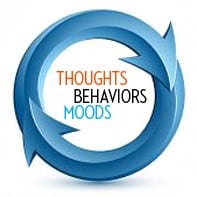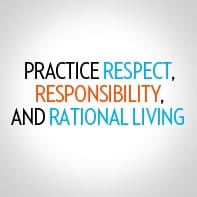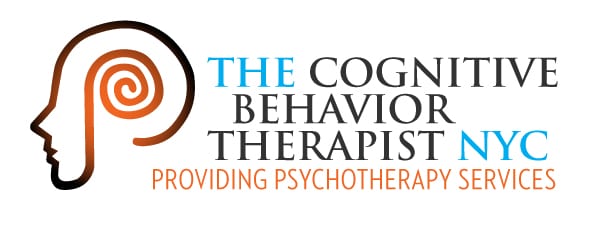Without appreciation even eager “favor doers ” will eventually trickle down their willingness to lend a hand, will start to cut corners at work and eventually start to avoid families, friendships and coworkers who “only want something from them”. This is because once people feel under appreciated they no longer feel motivated to participated in the needs of others. It’s a simple but necessary reward system.
One solution: Restructure how you process the request for help. I often teach my clients to tease apart their observations and how they process/assess that information that feeds their reactions. Observation–>Assessment Style–>Reaction
Michelle’s automatic style of thinking was to observe Lisa’s emails as “she NEEDS me” rather than ” Lisa is asking for help”. The second assessment strategy allows her to feel in control because she can process it as “I have a choice in whether I assist or not”. The first point of view (“she needs me”) led her to process it under ” I feel forced and obligated. I am a bad sister if I don’t give her what she needs”.
Read More














